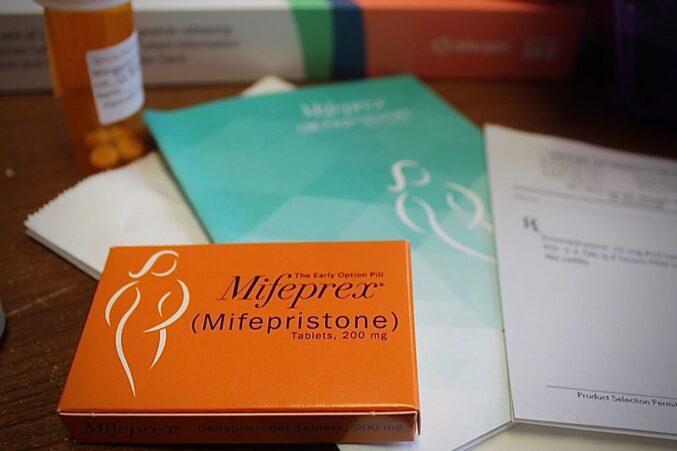
The number of pregnancies ending in abortion in England and Wales reached a record high in 2021 of 26.5pc, according to a new report. In the case of married women, just 10.4pc of pregnancies ended in a termination, versus 35.8 pc among unmarried women, a difference of three and a half to one. Those figures from the Office of National Statistics demonstrate once again that marriage is the best friend of the unborn child.
A total of 824,983 babies were conceived in 2021 while the number of abortions amounted to 214,256, the highest ever, a very grim figure, equivalent to around 15,000 in Ireland.
The latest data also show that girls under 16 had the highest percentage of pregnancies ending in abortion at 59.8pc, while women aged 30-34 had the lowest percentage at 18.3pc. Those aged 30-34 also had the highest number of pregnancies. This is the age at which women are most likely to want to have children.
In the last ten years there has also been an increase in the number of women aged 35 and over who are becoming pregnant. This reflects the fact that women are delaying having babies until the opportunity to conceive at all is almost gone.
Pregnancy rates have instead decreased for all other age groups, which stands to reason if people who putting off having families for so long.
For the first time since record began, married women had a lower pregnancy rate than those outside marriage. Among unmarried women, there were 75.1 conceptions per 1,000 compared with 72.2 per 1,000 among married women. Ten years ago, the latter figure was much higher: 91.6 per 1,000. This means that fewer women are waiting until marriage to conceive children and, as a consequence, also the overall abortion rates have increased, together with the percentage of pregnancies ending in abortion.
Unfortunately, British figures cannot be compared properly with Ireland. Unlike every other Western country, Ireland does not collect demographic data on women who have abortions. This was a deliberate omission when the Irish abortion legislation was written in 2018, something that the current review of the abortion laws should consider and change.
Nessun commento:
Posta un commento